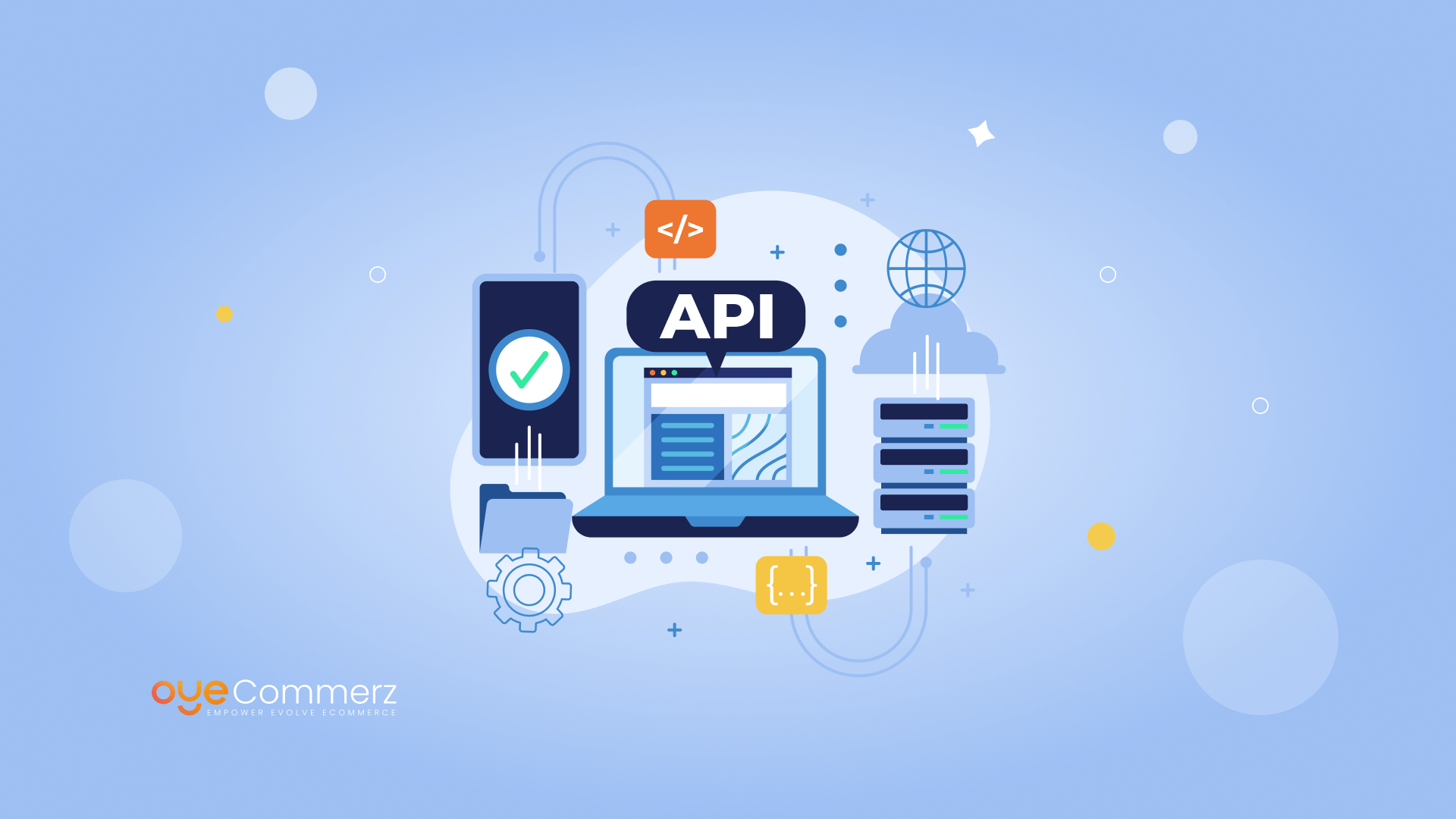Introduction
In today’s cutthroat e-commerce environment, standing out is paramount, and one of the best ways to set apart a Shopify store is through custom app creation. A well-built Shopify app can boost store functionality, simplify processes, and boost customer interaction. This article explores essential aspects of Shopify app development, covering API integration and app ecosystem to scaling strategies and promotion methods, offering a roadmap for companies seeking superior store performance.
Why Shopify API Integration Matters
Shopify’s API provides powerful tools to personalize and extend store functionalities. With GraphQL and REST APIs, developers can retrieve information to create apps that manage inventory control, order processing, and customer data management smoothly. Integrating Shopify’s API can lead to better workflow automation and enables stores to assist shoppers more effectively.
Utilizing the Polaris Design System
Shopify’s Polaris is Shopify's set of design guidelines for creating intuitive and accessible Shopify apps. By adhering to Polaris principles, developers ensure that apps integrate smoothly within the Shopify Admin interface. This provides a cohesive appearance that resonates with Shopify merchants, promoting usability and familiarity for merchants utilizing your tailored app.
Understanding the Shopify App Ecosystem
The Shopify app ecosystem provides numerous opportunities for improving online stores. From managing fulfillment processes to boosting customer interaction, apps in this environment are tailored to meet diverse business needs. Learning about this ecosystem helps developers in finding unique app ideas and allows for seamless integration of external tools that enhance the store.
Building Embedded Shopify Apps
Embedded apps integrate directly within the Shopify Admin, providing a smooth interface for merchants. They allow merchants don’t have to navigate away from their Shopify control panel, simplifying their process. Using Shopify App Bridge and embedded app capabilities is recommended for offering a cohesive, integrated user experience.
Using Node.js and React for Shopify Apps
The technologies Node.js and React have become top options for Shopify app development. Node.js enables high-performance server-side applications, while React allows for interactive and adaptive front-end design. Together, they provide an strong framework for building fast, scalable Shopify apps that enhance store functionality and customer engagement.
Webhooks in Shopify Apps
Webhooks enable instant data synchronization between Shopify and an outside application. They initiate events such as order creation or stock changes and send instant alerts to your app. By utilizing webhooks, apps can deliver real-time information to store owners, streamlining workflows and boosting efficiency.
Engaging Customers Through Digital Marketing for Shopify Apps
To make a Shopify app successful, connecting with users is key. Using digital marketing strategies like SEO, email marketing, and social outreach can drive app adoption. Additionally, creating applications with customer interaction as a focus (e.g., loyalty programs or personalized suggestions) boosts user retention and loyalty.
Scaling Your Shopify App
As e-commerce businesses Using Polaris for better Shopify apps grow, so do their technological needs. Ensuring that your app can manage higher usage, larger data sets, and more complex functionalities is essential. By optimizing server resources and using scalable solutions, you can develop apps that grow in tandem with a store’s growth.
Essential Features and Maintenance for Shopify Apps
For an app to be effective, it should offer key capabilities like user login, analytics dashboard, and support channels. Regular app maintenance, with updates to fix bugs and ensuring compatibility with new Features for successful Shopify app development Shopify functionalities, is important to maintain continuous operation and prevent disruptions to business processes.
Conclusion
Custom Shopify app development offers immense opportunities for e-commerce businesses, providing the chance to improve store functionality, streamline processes, and foster customer loyalty. From integrating APIs to ensuring scalability and customer interaction, building a Shopify app involves thoughtful preparation and well-planned actions. If you’re prepared to elevate your e-commerce experience, a tailored Shopify application could be the ideal solution. What features do you envision for your dream application? Share your ideas and begin the journey to an enhanced e-commerce experience!
